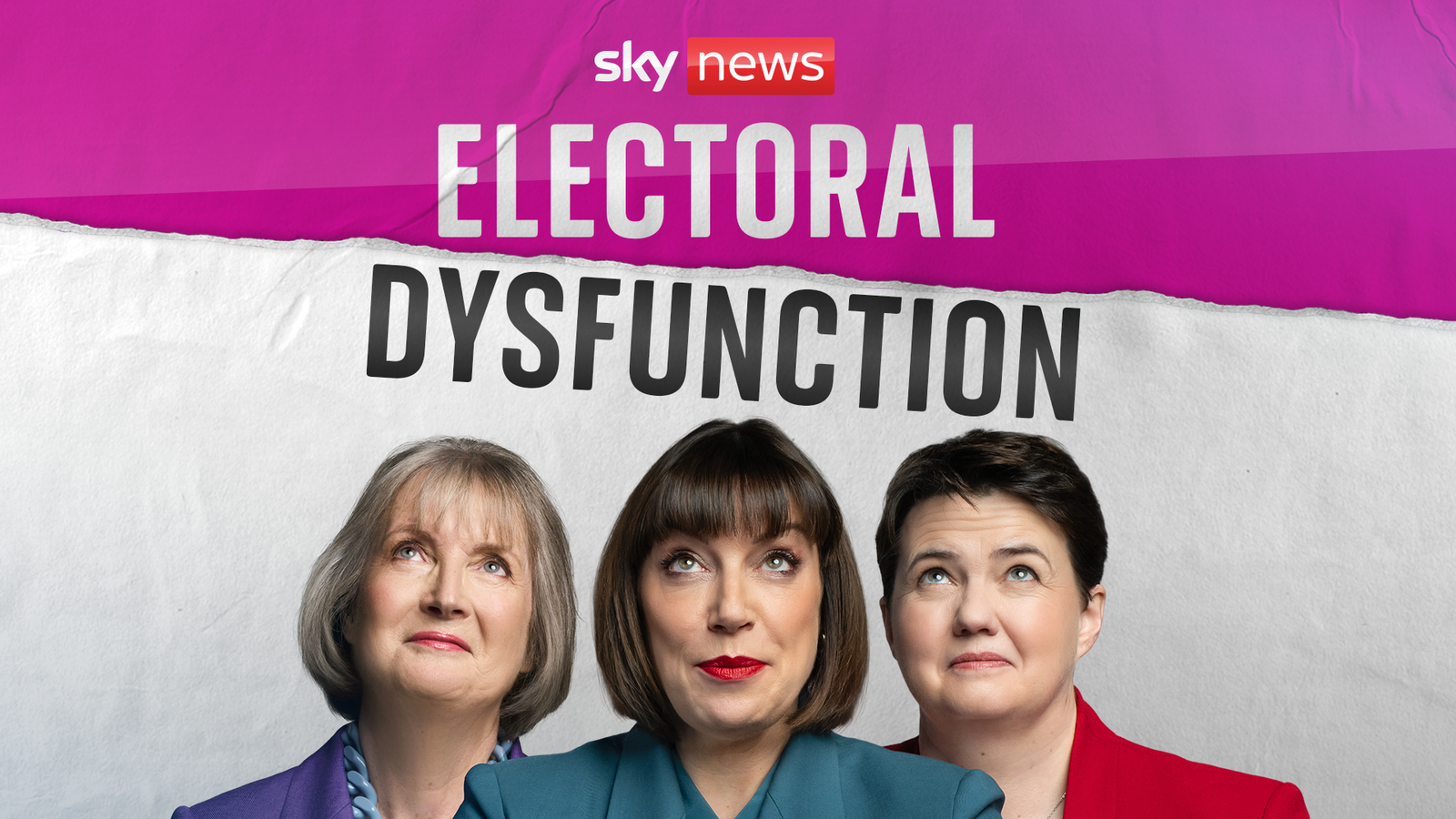Politics
Labour WhatsApps: ‘If you’ve got racist thoughts then you shouldn’t be an MP!’

Electoral Dysfunction: A Dive into UK Politics and Controversy
Untangling the Web of Political Scandal
This week, the UK political landscape has been abuzz with controversy, as two Labour MPs, Andrew Gwynne and Oliver Ryan, found themselves at the center of a storm. Revelations in Sunday newspapers exposed WhatsApp messages containing offensive comments, leading to their suspension from the Labour Party. This scandal has sent shockwaves through the political arena, raising questions about the authenticity of public statements versus private sentiments. Hosts Beth Rigby, Harriet Harman, and Ruth Davidson delve into the intricacies of this situation, exploring the implications for both the individuals involved and the broader political landscape.
The Fallout: A Personal and Political Crisis
For Harriet Harman, this situation cuts deep. Having worked alongside Andrew Gwynne for numerous years, she confesses that the revelations have left her questioning her own judgment. The suspension of the whip is a severe parliamentary penalty, effectively expelling the MPs from the Labour Party’s parliamentary group. This drastic measure underscores the gravity of the offense, as offensive language in private communications can erode public trust and tarnish reputations. The episode also brings into sharp focus the challenges of maintaining ethical standards in politics, where private conduct can have significant public repercussions.
By-Elections on the Horizon?
As the political dust settles, speculation swirls about the potential for by-elections. The suspension of Gwynne and Ryan could trigger these contests, reshaping the political map and testing voter sentiment. This episode highlights the fragile balance of power in parliament and the potential for local voter backlash. The hosts ponder whether these scandals might lead to electoral upheaval, injecting uncertainty into an already volatile political climate. The prospect of by-elections adds another layer of drama, as members of parliament and their constituents navigate this challenging terrain.
The Assisted Dying Debate: A Matter of Life and Death
Amid the turmoil, another contentious issue has resurfaced: assisted dying. The proposed changes to scrap the need for High Court approval have reignited a passionate debate. Beth Rigby’s conversation with Labour MP Kim Leadbeater, a vocal advocate for reform, sheds light on the complexities of this issue. Proponents argue that easing the legal process would grant terminally ill individuals greater autonomy and dignity, while opponents fear potential abuses and ethical dilemmas. This discussion places a spotlight on the delicate balance between individual rights and societal responsibility, reflecting broader questions about the role of the state in personal medical decisions.
The Broader Implications: Trust, Ethics, and Democracy
These controversies collectively highlight critical questions about trust in politics and the ethical standards expected of elected officials. The WhatsApp scandal and the assisted dying debate both underscore the delicate balance between public and private actions, as well as the ethical dilemmas that can emerge in policy-making. Listeners are invited to engage with these issues, either by reaching out via email, social media, or WhatsApp voice notes, fostering a dialogue that extends beyond the podcast’s airtime.
Conclusion: A Call to Engagement
In a world where trust in political institutions is often under strain, episodes like these remind us of the importance of transparency, accountability, and open dialogue. Electoral Dysfunction invites listeners to reflect on these complexities and consider how they might shape the future of UK politics. Whether it’s the consequences of private messages, the potential for by-elections, or the ethical implications of assisted dying, this week’s episode offers a compelling exploration of the challenges and controversies that define modern governance. Tune in to join the conversation—and perhaps even share your thoughts.


















